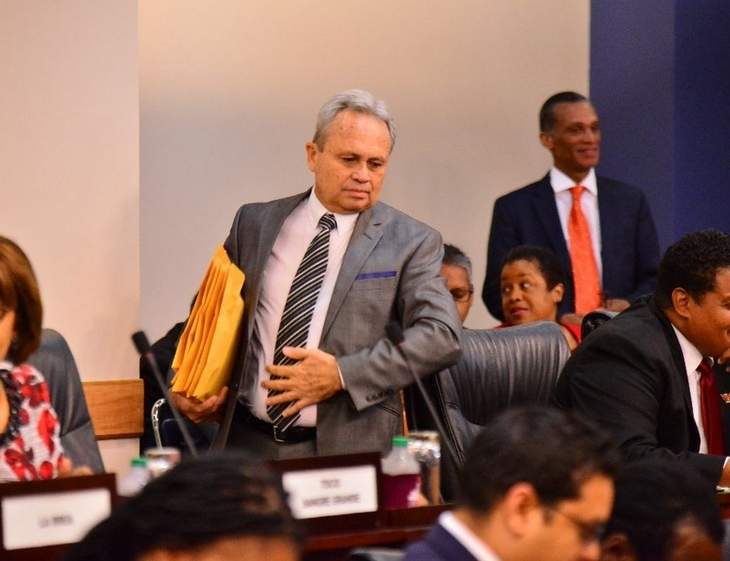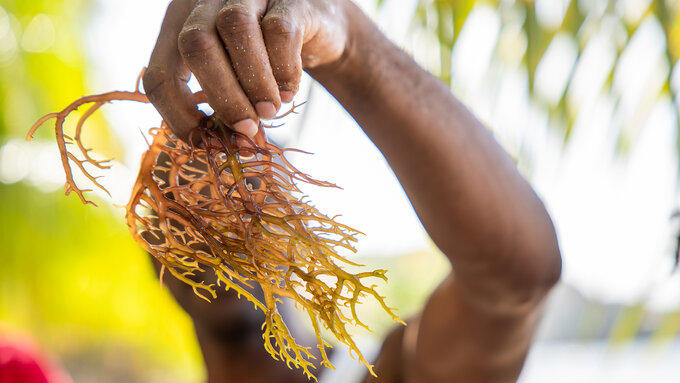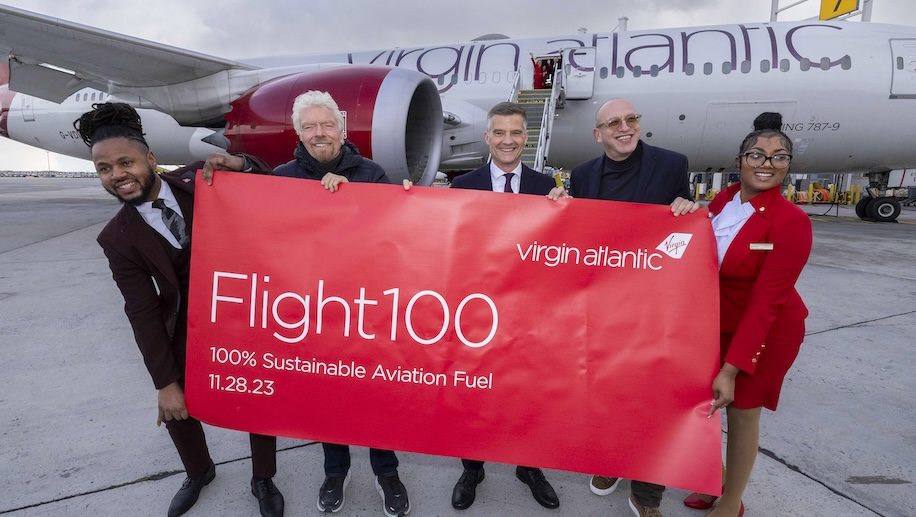The travelling public is likely to feel the pinch as the prices of super and diesel gas, the fuel used by maxi-taxi and taxi drivers, went up immediately upon the presentation of the 2017/2018 budget by Minister of Finance Colm Imbert in the House of Representatives yesterday.
Apart from gas, tyres were also hit with two tax increases — a $20 environmental tax on every tyre and a 30 per cent custom duty on all imported tyres.
The public could also face higher bank charges and private healthcare costs if the tax increases imposed on banks and private nursing homes by Imbert’s budget are passed on to consumers.
As the Minister of Finance sought to spread the burden of adjustment, even Play Whe, Cashpot, Pick Two, Lotto and other National Lotteries Control Board (NLCB) winnings (whose cash winnings used to be tax-free) were drawn into his tax net.
They will pay ten per cent tax on their windfall from December 1.
But Imbert imposed the highest tax rate on the inadequately regulated private gambling and gaming industry with significant increases.
The highly profitable banking sector, whose fees have aroused some discontent among customers, also attracted the minister’s attention for taxation. Banks will pay a 35 per cent tax rate from January 1, 2018, the highest level of corporation tax, up from 30 per cent.
In his $50.5 billion budget, Imbert harmonised corporation tax for all other businesses at 30 per cent, effective from January 1, 2018. He focused also on energy sector companies, and their non-payment of corporation tax (SPT), imposing a 12.5 per cent royalty rate across the board on the extraction of all gas, oil and condensate.
But the minister’s budget will have a substantial impact on the transportation industry as well. Super and diesel fuel increased from $3.58 per litre to $3.97 and $2.30 per litre to $3.41, respectively. The minister suggested that fuel prices will in the future fluctuate with the international price of oil and refined products.
In imposing the 30 per cent custom duty on all imported tyres (from October 20), Imbert said this would avoid evasion by false classification of new tyres as “used” tyres (which came in duty-free).
In imposing the “environmental tax” of $20 on each imported tyre, he said it would “cover the cost of proper disposal of used tyres” which had proved to be a “headache”. This tax will apply from December 1. Lastly he increased the vehicle inspection fee from $165 to $300, from December 1.
Imbert also imposed a 20 per cent increase in motor vehicle tax on high-end vehicles (ie engine size exceeding 1599cc).
Private hospitals, which amazingly pay a peppercorn fee of $150 a year for their licences to operate, have been called upon to make a more meaningful contribution, “given the high cost of private health care”. Imbert announced annual increases ranging from $25,000 to $50,000 and $100,000 based on the number of beds at the institution.
He stressed that this measure, which takes effect from January 1, 2018, will not apply to hospitals for the convalescent or chronically ill, homes for the elderly, or hospitals for any designated disease or specified disease, disorder or illness. Penalties for offences under the Private Hospitals Act will also increase from $10,000 to $100,000 and for any continuing offence from $200 per day to $1,500 per day.
In a hint at increased electricity and water rates, the minister said the Regulated Industries Commission had signalled its intention to conduct a rate-determination exercise for T&TEC and WASA to be completed in 2018.
Private hospitals, which amazingly pay a peppercorn fee of $150 a year for their licences to operate, have been called upon to make a more meaningful contribution, “given the high cost of private health care”. Imbert announced annual increases ranging from $25,000 to $50,000 and $100,000 based on the number of beds at the institution.
He stressed that this measure, which takes effect from January 1, 2018, will not apply to hospitals for the convalescent or chronically ill, homes for the elderly, or hospitals for any designated disease or specified disease, disorder or illness. Penalties for offences under the Private Hospitals Act will also increase from $10,000 to $100,000 and for any continuing offence from $200 per day to $1,500 per day.
In a hint at increased electricity and water rates, the minister said the Regulated Industries Commission had signalled its intention to conduct a rate-determination exercise for T&TEC and WASA to be completed in 2018.
In terms of incentives, the minister announced a housing construction incentive programme to encourage private developers to construct “affordable” houses. The income from the sale of these homes will be tax-free. Furthermore upon successful completion and sale to qualified applicants on the Housing Development Corporation (HDC) list, the private developer could receive a cash incentive of up to $100,000 per unit depending on the degree of difficulty of construction. “The State, and by extension taxpayers, can save the Treasury $400,000 per housing unit, since the cost to the State will now be in the vicinity of $100,000 per unit, instead of the current net cost to the HDC of $500,000 per unit. This should allow us to quadruple the current production of affordable housing, once [the programme is] fully implemented,” Imbert said. He added that a Ministerial Oversight Committee, chaired by the Prime Minister, will monitor and expedite the process of obtaining approvals from all the regulatory agencies. The target for the start up of this programme is January 1, 2018, he said.
Imbert indicated that the Government was proceeding with plans for the property tax and Revenue Authority, with full implementation for both projects scheduled for fiscal 2018.
The much talked about devaluation did not come.
On the issue of devaluation, the minister said Government had to consider the social and economic impact of a devaluation, especially its effects on inflation which would impact on the poor and vulnerable. He said while the management of the exchange rate will continue to be within the purview of the Central Bank, with appropriate guidance from Government, “the exchange rate will move more in step with demand and supply and the availability of foreign exchange”.
But Imbert stated that Government would establish a facility to allow eligible exporters to access foreign exchange. He said Government would request the Central Bank to license the EximBank as a dealer in foreign exchange, giving it the responsibility to allocate forex to exporters.
The facility, which initially would be capitalised at US$100 million, which will fund the operations and import requirements of local manufacturers whose business production exports at least 30 per cent and who agree to repatriate a “suitable” percentage of their US-earned revenue. The minister also detailed a number of incentives for small and medium businesses including a Shark Tank-type funding arrangement. He also spoke of incentives for tourism and agriculture, yachting and the creative industries.
In the area of health, the minister said Couva Medical and Training Facility will be commissioned in 2018 and the Arima hospital will be completed and operational in 2019. He stressed that the operational cost of these hospitals would be high, with the Couva costing over $400 million a year.
The budget debate continues on Friday at 10 a.m. when the Opposition Leader presents her reply. (Trinidad Express)




